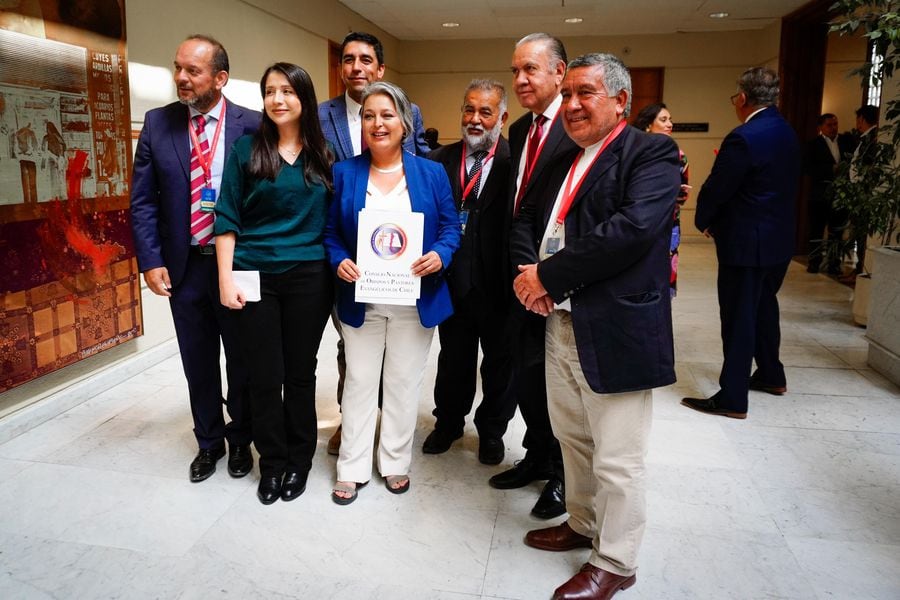March 18-24 was Neurodiversity Celebration Week, a worldwide celebration of neurodiversity (Learn more at neurodiversityweek.com).
April is recognized as Neurodiversity Awareness Month. So, as I write this column in true neurodivergent fashion, I am late for Neurodiversity Celebration Week, but I suppose that makes me uncharacteristically early for Neurodiversity Awareness Month.
Anyway, neurodiversity awareness is something that is important to me as someone who identifies as neurodivergent and as someone who cares about creating a more loving and hospitable world for all people.
So, I thought I would take this opportunity to share a brief introduction to neurodiversity. I should note that I am not an expert in any way, but I have learned quite a bit and I have a lifetime of lived experience.
Since this will be a very brief introduction, I will focus on two terms that I have already used: neurodiversity and neurodivergent. Neurodiversity basically means that human brains are wired and function in diverse ways.
Not all brains are alike, brains are different from each other in diverse ways, and all of this is actually quite normal.
We have come to categorize some groupings of brains functioning into different types or neurotypes. For example: Autism, ADHD, dyslexia and dysgraphia are a few different neurotypes.
Neurodiversity says that many ways of being in the world that we know as mental disorders, developmental disorders and learning disabilities are normal ways that human brains function. This brings us to our second term, neurodivergent.
While neurodiversity understands the diversity of neurotypes to be normal, there is a societal understanding of a “normal” brain type called neurotypical. Neurotypical people are the majority of people in our society.
The ways that their brains function align well enough with the way things are done in society that they experience the world and are experienced by the world as “normal”.
Neurodivergent people, on the other hand, have brains that are wired in a way that diverges from the neurotypical experience. Some people have one divergent neurotype while other people have numerous divergent neurotypes.
For example: a neurodivergent person may have ADHD, or autism spectrum disorder, or dyslexia, or any number of other neurotypes, or they may have a combination of many.
So, neurodiversity means that there are many different ways that brains can be wired, and neurodivergent as a neurotype diverges from the majority neurotype that society was built around. Humans are collectively neurodiverse. Individual humans who are wired differently than the majority are neurodivergent.
Knowing these two terms can help us both to celebrate the difference of human experience generally and to remove the stigma attached to mental disorders, developmental disorders and learning disabilities.
We can see that difference in human cognition is normal and that people of all neurotypes should be celebrated.
Hopefully, with this brief introduction, readers who were not previously familiar with these terms will have a starting place for a better understanding of neurodiversity and perhaps they will also be better able to relate to the neurodivergent folks in their lives.
With greater societal understanding, perhaps we will be able to remove the “dis” language (disorder, disability) from our naming of neurotypes and instead focus on the things that are disordered in society that make neurodivergent people feel as if they are not normal or don’t belong.
I invite you to take an opportunity this April to do a web search for Neurodiversity Awareness Month and find an opportunity to take another step in the journey of neurodiversity awareness and celebration.
The Rev. Matt Willis-Goode is pastor of People’s United Methodist Church in Newburyport and Merrimacport United Methodist Church in Merrimac.






